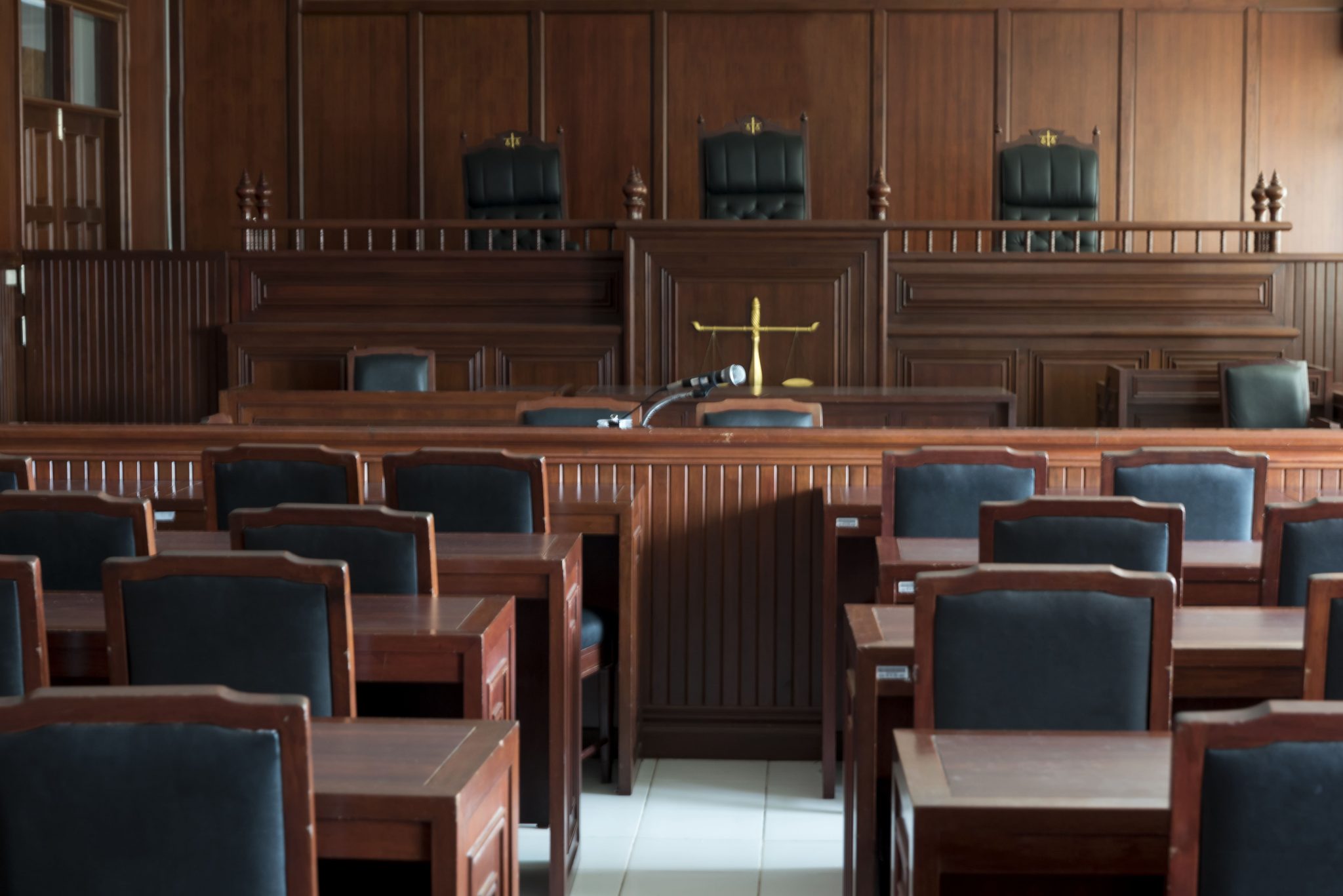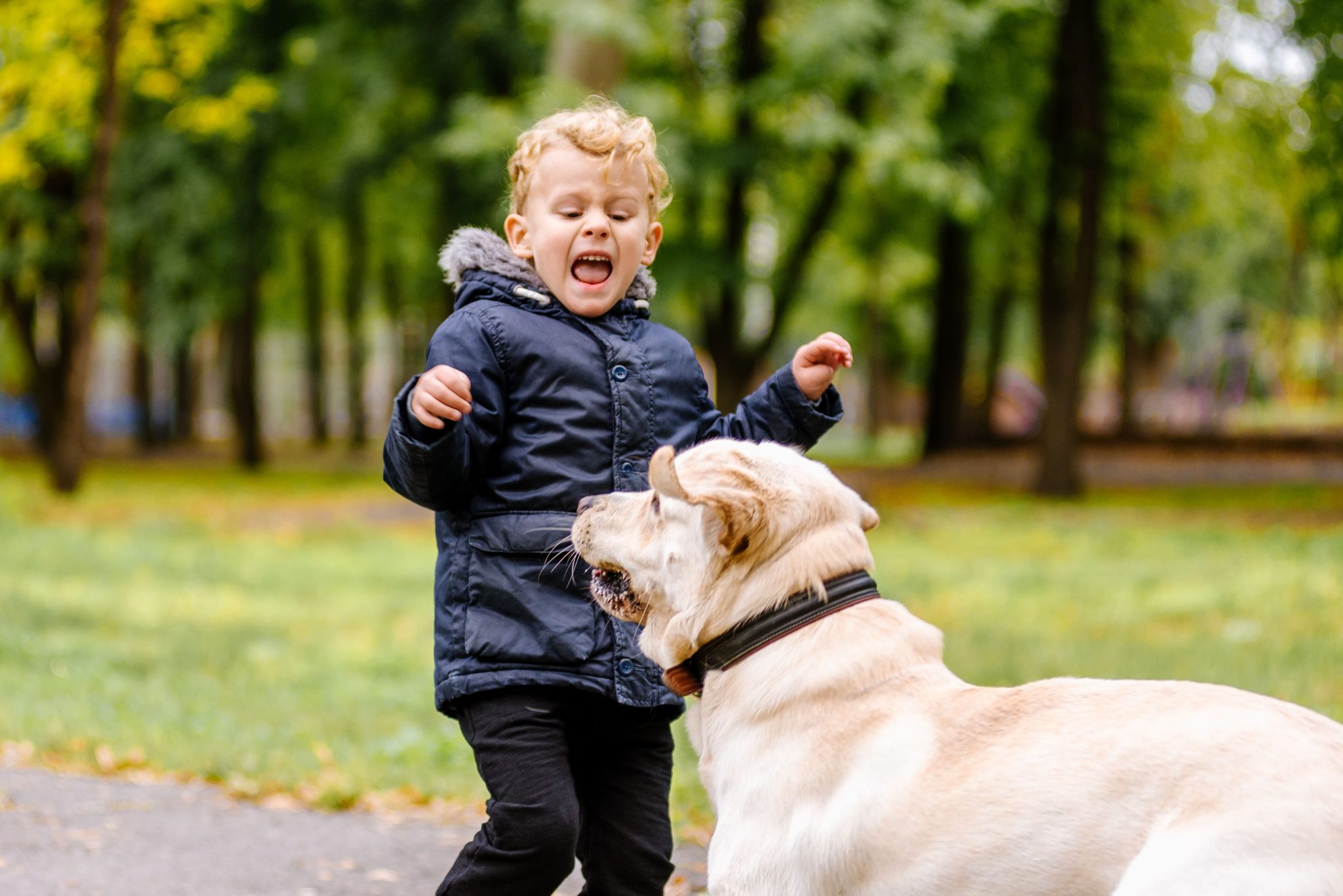
Which Is Better: Settling or Litigating?
March 12, 2021
Best Courtroom Scenes in Film History
April 11, 2021Animal Attack Liability – Who Is Responsible?

Animal attack personal injury cases vary in complexity based on the circumstances of each incident. Certain cases are cut and dry. If you suffer a dog bite and the owner knew the dog was dangerous and didn’t have the dog on a leash or behind a fence in their yard, the case is relatively straightforward.
Owners have a duty to control their animal and protect other people from them, especially if they have displayed aggressiveness in the past and are a known risk. Failing to take proper safety precautions in that scenario is clearly negligent and often makes for a clear-cut personal injury case.
Things get a bit more complicated if a person’s pet has shown no previous aggression, or if the person who was bitten was somehow antagonizing or threatening the animal. Even if the threat was unintentional, behavior construed by a dog to be threatening could transfer some of the culpability onto the victim instead of just the dog and the dog’s owner.
That doesn’t necessarily mean you don’t have a dog bite case if you were bitten by a dog that had shown no previous aggressive behavior, but it could potentially make the case more difficult to try.
Cases can be particularly complicated when they involve wild animals. Take, for example, a recent alligator attack at Disney World’s Grand Floridian Resort & Spa. This tragic incident occurred on June 14, 2016, and took the life of a two-year-old who was visiting the park with his parents. The Nebraska family was enjoying the beach of Seven Seas Lagoon, where Lane Graves was building a sandcastle, when an alligator grabbed him and pulled him into the water. Despite the boy’s father, Matt Graves, attempting to fight the gator off, it managed to pull the child underwater and disappear.
There are many factors in this case that could be relevant in a wrongful death suit.
- At least two people had reported seeing alligators in the area to Disney employees.
- Disney was aware the property was home to alligators – they had caught hundreds in the past.
- Mere days before, six alligators were removed from the park. Four of the six were six feet long or larger.
- Five more alligators were removed two days after the search for the child ended.
- Although there were some signs warning tourists of alligators, the resort added more following the attack.
The Graves family decided not to sue the park, although attorneys believed a lawsuit or settlement could potentially have resulted in a significant wrongful death claim.
In Florida, there is precedent for wild animal attack victims being held solely responsible for their own injury if they ignore warnings, such as “no swimming” signs. If you go onto private property having been warned of the risk of dangerous wild animals and you are attacked, chances are good you will have little legal recourse for any injuries that may result.
However, if a property owner is aware of “latent or concealed dangers,” such as dangerous wild animals, and they don’t warn invited guests, which includes people who may be renting a property, they can potentially be held liable for wild animal attacks that occur on that property.1
The Florida Bar Journal published an article in November 2017 about HOA liability for animal attacks, specifically regarding increased incidents of black bear attacks. These attacks are becoming more common due to increased residential development into black bear territories. The combination of receding habitat and increased trash and other food sources enticing bears to invade human occupied properties has resulted in more frequent instances of bear attacks in Florida.2
The journal suggests many steps that HOAs can take to reduce their liability for such attacks, and the same principle can be applied to many properties in Florida that may have similar risks due to snakes, alligators and other dangerous wild animals.
- Residents and visitors should always be educated of the risks and advised of steps they need to take in order to minimize attracting or provoking wild animals.
- Signs must be posted. If a resident or visitor is unaware of the risk but the property owner knows wild animals that could potentially be dangerous to humans are in the area, the property owner has a higher chance of being held liable for any attacks.
- Both natural and man-made food sources should be minimized or eliminated if possible. For example, if fruit trees are attracting black bears to a residential complex, the fruit trees should be removed. If the bears are attracted to food waste in trash cans, the trash cans should be secured. Many HOAs in areas with high black bear activity have begun mandating the use of bear-resistant trash cans.
- Communities with wild animal activity should regulate trash pickup. For example, residents should only put out trash for pickup on the morning it is being picked up and not the night before.
If a property owner or HOA takes all of these steps, they may be insulated from liability in a wild animal attack. However, if there is no warning to invited visitors that dangerous wild animals are in the area and precautions are not advised, property owners, including resorts or other tourist attractions, could be held liable for any injuries that result.

